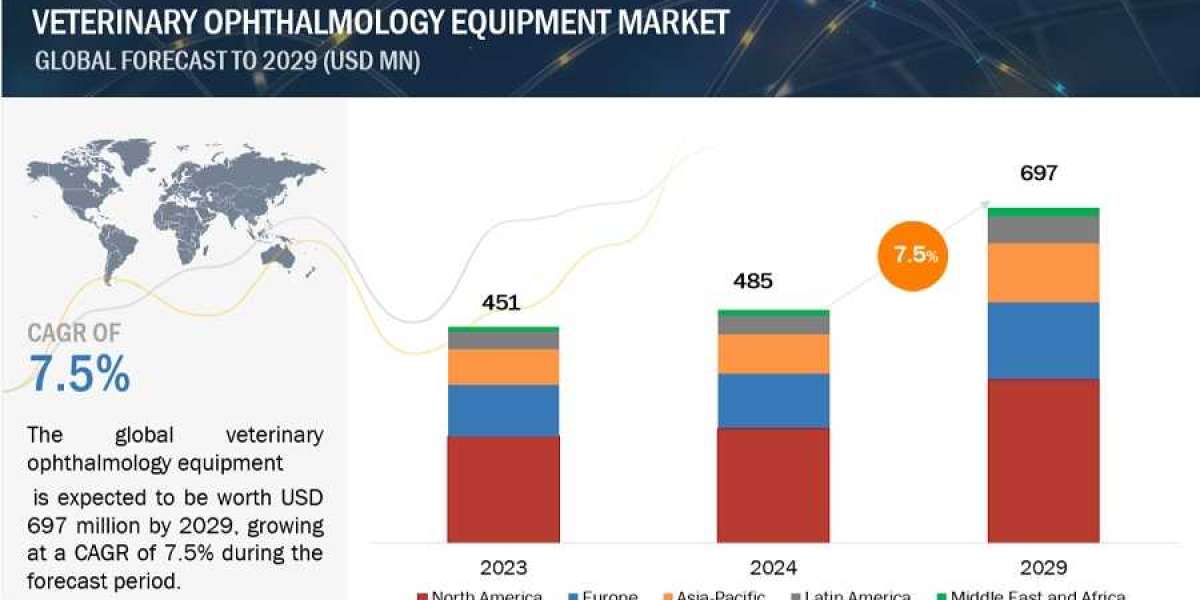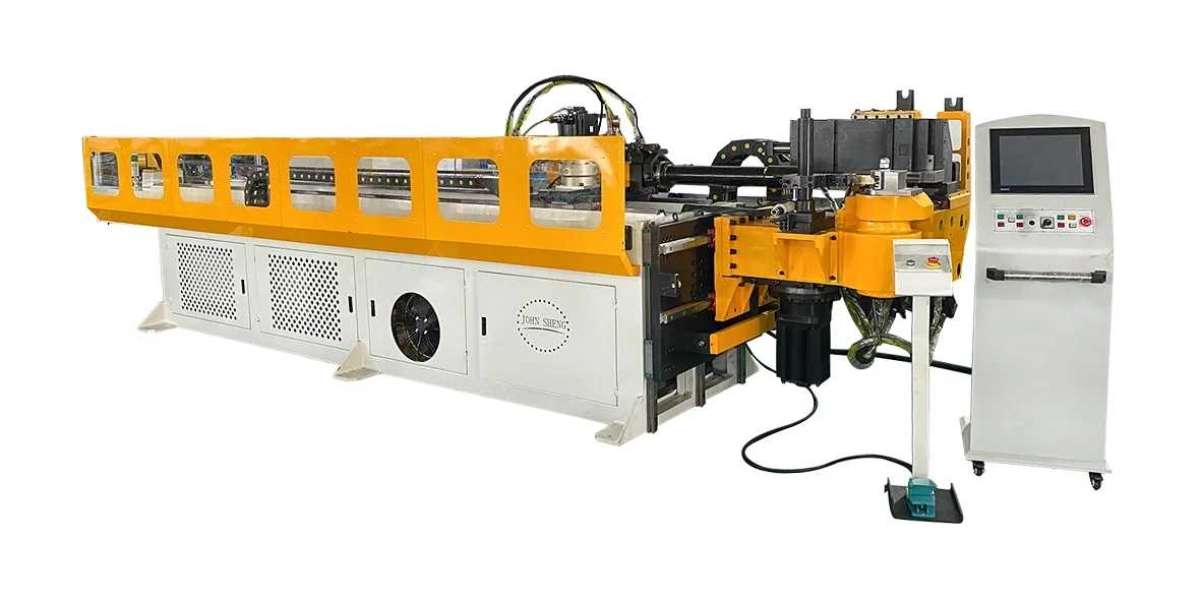Hydrogen Gas Sensor Market Outlook:
The rising demand for Hydrogen Gas Sensors Market from the global automotive, manufacturing, oil and gas, healthcare, mining, aerospace and defense, and other applications is responsible for the market's expansion. At the national level, the report offers insights into the profitable prospects in the hydrogen gas sensor market. For the anticipated time, the study also provides a precise cost, segmentation, trends, region, and commercial development of the major worldwide key players.
When we talk about sensors, we're talking about hydrogen detectors and monitoring systems that find hydrogen leaks. Since the gas is known to be combustible and hazardous, it needs to Hydrogen Gas Sensor Market be regularly monitored. The sensors are widely used in industries like chemicals, oil and gas, electronics, power and energy generation, aerospace, and automotive that either make or consume hydrogen gas.
Get a sample copy of this report: https://wemarketresearch.com/reports/request-free-sample-pdf/hydrogen-gas-sensor-market/129
Companies Covered: Hydrogen Gas Sensor Market:
- NTM Sensors
- Honeywell International
- SGX Sensortech
- MSA Safety Inc.
- SemeaTech
- Nissha FIS, Inc.
- City Technology Ltd.
- MEMBRAPOR AG
- Figaro Engineering Inc.
- Aeroqual
- Makel Engineering
- Nexceris
- Siemens AG
- Toshiba
- Suzhou Huiwen Nano Technology
- Prosense Technology
- Zhengzhou Winsen Electronics Technology Co., Ltd.
Global Hydrogen Gas Sensor Market Segmentation:
By Type:
- Electrochemical-based Hydrogen Sensors
- Metal-Oxide Semiconductors-based Hydrogen Sensors
- Thermal Conductivity-based Hydrogen Sensors
- Catalytic Hydrogen Sensors
- MEMS Hydrogen Sensors
- Others
By Portability:
- Fixed
- Portable
By Maximum Measurement Range:
- Hydrogen Sensors 2,000 ppm
- Hydrogen Sensors 5,000 ppm
- Hydrogen Sensors 10,000 ppm
- Hydrogen Sensors 20,000 ppm
- Hydrogen Sensors above 20,000 ppm
By End Use:
- Commercial sector
- Industrial sector
- Oil Gas
- Chemical
- Food Beverages
- Healthcare
- Aerospace and Defence
- Power Energy
- Others
- Residential Sector
Why is Demand for Hydrogen Gas Sensor Market Expected to Rise Rapidly?
“Hydrogen as an Alternative Fuel to Boost Product Sales”
Hydrogen finds application across multiple industries, and its increased use in fuel cell applications is having a significant impact on the growth of the Hydrogen Gas Sensor Market. Because it reacts chemically with oxygen to produce energy, hydrogen is easily found in nature and produces only water as a byproduct. This is one of the main reasons hydrogen is becoming more and more popular as an alternative fuel.
Moreover, these vehicles that run on hydrogen fuel cells store hydrogen in containers. Because stored hydrogen is combustible and easily ignited, it must be regularly monitored to ensure overall safety and to check for any leaks that may occur during regular operations.
Hydrogen Gas Sensor Market Trends:
Driver: Escalated global adoption of fuel cell technology:
Hydrogen detection equipment is predicted to become much more in demand as fuel cell deployment increases. In the transportation sector, where hydrogen fuel cell vehicles are becoming more and more popular as a greener substitute for conventional gasoline-powered vehicles, this tendency is especially noticeable. Fuel cell vehicles (FCVs) utilise fuel cells to generate energy from hydrogen fuel, which is then used to power an electric motor. Comparing fuel-cell cars (FCVs) to conventional gasoline-powered vehicles reveals that FCVs are quieter, more fuel-efficient, and emit fewer greenhouse gases during operation. In this particular context, the safe and dependable operation of hydrogen fuel cell cars is contingent upon hydrogen detection. Because hydrogen detection equipment is essential to ensuring the fuel cell's safe and effective operation, the growing use of fuel cells is pushing the demand for it.
Restraint: Complexities involved in development of hydrogen detection equipment:
To guarantee that the device is dependable, accurate, and safe to use, a number of complications in the production process of hydrogen detectors must be resolved. These intricacies include materials, safety regulations, sensor technology, calibration, and quality control. Furthermore, the detection, sensing, and measuring of hydrogen in various situations are made more difficult by the gas's high lightness. Furthermore, there are currently relatively few technologies that can accurately identify Hydrogen Gas Sensor Market in a variety of industries without raising a lot of red flags. Furthermore, the process might be extremely time-consuming, thus impeding productivity and the timely delivery of the product. The hydrogen detection market is constrained by all of these limitations.
Hydrogen Gas Sensor Market, By Technology:
- Electrochemical hydrogen sensors: These sensors use an electrochemical technique to recognize hydrogen gas. They are affordable and have a fast response time, although they may be temperature and humidity sensitive.
- Metal-oxide semiconductor (MOS)-based hydrogen sensors: These sensors employ the change in conductivity of a metal oxide semiconductor material when exposed to hydrogen gas. They are more stable than electrochemical sensors, although they can be more expensive and have a slower reaction time.
- Hydrogen gas is detected via thermal conductivity-based sensors, which compare the thermal conductivities of hydrogen and other gases. Although they are the most expensive type of hydrogen sensor, they are also the most precise and trustworthy.
Why Buying this Report Could be Your next Strategic Move?
- Learn detailed market information, competition, and SWOT analysis.
- To ascertain Plant Extracts market growth carefully by evaluating value, volume, and CAGR data at the national level.
- To gain knowledge on market dynamics, unrealized growth opportunities, challenges, and main drivers of the market.
- Review recent developments and strategic insights taking into consideration new launches, agreements, and mergers.
- Know lucrative spaces to invest in the Plant Extracts Hydrogen Gas Sensor Market globally and regionally.
Directly Purchase a Copy of this Hydrogen Gas Sensor Market research report at:
https://wemarketresearch.com/purchase/hydrogen-gas-sensor-market/129?license=single
About We Market Research:
WE MARKET RESEARCH is an established market analytics and research firm with a domain experience sprawling across different industries. We have been working on multi-county market studies right from our inception. Over the time, from our existence, we have gained laurels for our deep rooted market studies and insightful analysis of different markets.
Get More Insights: https://wemarketresearch.com/



